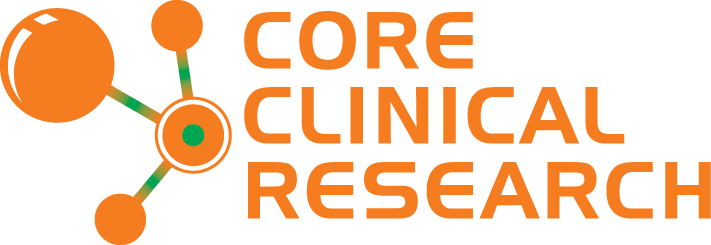
Patient Info
Learn More About Clinical Trials
What are the reasons we conduct clinical research?
To find alternate and more beneficial uses for drugs already approved by the FDA.
To find the best possible drug combinations for treatment of patients.
To determine the most effective way to take a medication.
To improve and diversify available treatment options for children and the elderly.
To develop new drugs that have not yet been approved by the FDA.
Who can participate in a clinical trial?
Our clinical trials have very specific requirements for who can or cannot participate. These requirements are often called “inclusion criteria” and “exclusion criteria”. A person who qualifies for participation will have met all of the required terms for a particular trial. Patients are only enrolled into a study if they are appropriate.
Some clinical trials require a previous diagnosis of the research indication, while others allow a diagnosis to be made as part of the research study screening process. No individual can participate in a clinical trial without meeting criteria for a clinical diagnosis. A full medical and psychiatric evaluation, with our physicians, is required for each patient wishing to participate in a study. Not all patients will meet entry criteria for a study.
Areas of interest to investigators and clinicians
Age
Gender
Previous or current medications
Type and stage of a condition
Current and past symptoms
Previous and existing medical conditions
Prior participation in a clinical trial
What is Informed Consent?
Prior to any clinical trial assessments each patient will be given an informed consent document. This document must be singed prior to any study related procedures. As part of the consent process you will have time to review the document in its entirety. The consent lays out the purpose of the study, the patient benefits, the possible medication side effects and all other study related details, including patient compensation. You will review and sign your consent with a research coordinator or physician. We encourage you to ask as many questions as you wish and take as much time as you need. You will be given a copy of your informed consent document for your records.
What types of tests and assessments will there be?
All study related examinations and care are at no cost to you. When you schedule your first appointment with us to determine eligibly for a clinical trial there will be some required assessments. The assessments that are required are determined by the research protocol for the specific clinical trial that you are interested in participating in. All assessments are at no cost to you. Some common tools used to determine study eligibility may include:
Blood/urine samples (sometimes fasting)
A test that records the electrical activity of your heart, known as an electrocardiogram (ECG)
Vital signs (height, weight, blood pressure, heart rate & temperature)
Medical History Interview
Physical Examination
Psychiatric Evaluation
Other diagnostic tests and assessments, such as imaging
All of the study related information is private and not shared with anyone unless you sign a Release of Information Form with our clinic. All study records including lab results, medical findings and ECG results are available to you at your request upon completion of the study.
What are the phases of clinical trials?
Clinical trials come in four different phases, and each phase is meant to get a particular drug or drug combination closer to its optimal use.
Phase 1
The purpose of Phase 1 studies is to find out if the drug is safe for patients. Phase 1 studies are done with a small number of patients after the drug has been tested for safety in lab and animal studies.
Phase 2
The purpose of Phase 2 studies is to see if the drug works for patients. Assessments and procedures are aimed at determining drug efficacy.
Phase 3
Phase 3 studies compare standard modes of therapy to the new method of treatment. In order to determine which drug therapy works best, often times, the patient is put in one of two groups. One group is given the best possible treatment that already exists, and the other group is given the new proposed best treatment.
Phase 4
Phase 4 studies only include drugs that have already been approved by the FDA for a given condition. Many times, researchers and drug companies want to develop a clearer picture of all of a new drug’s benefits; in such cases Phase 4 drug trials are initiated.


